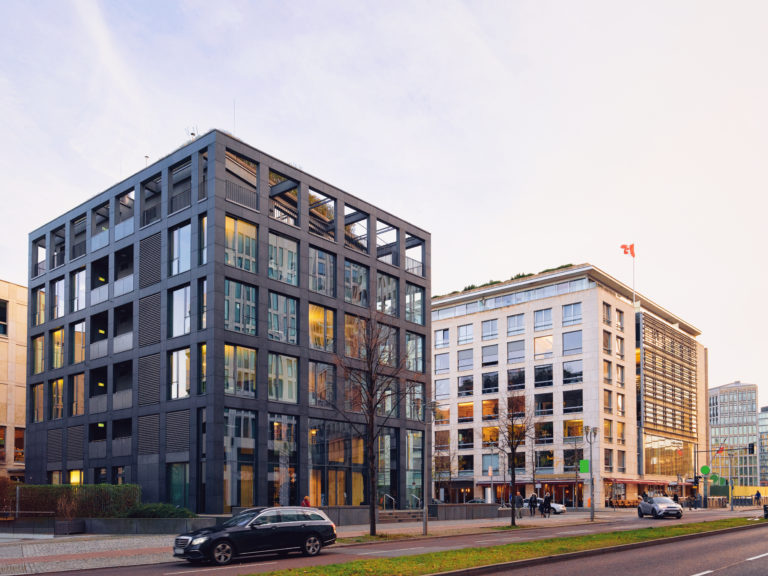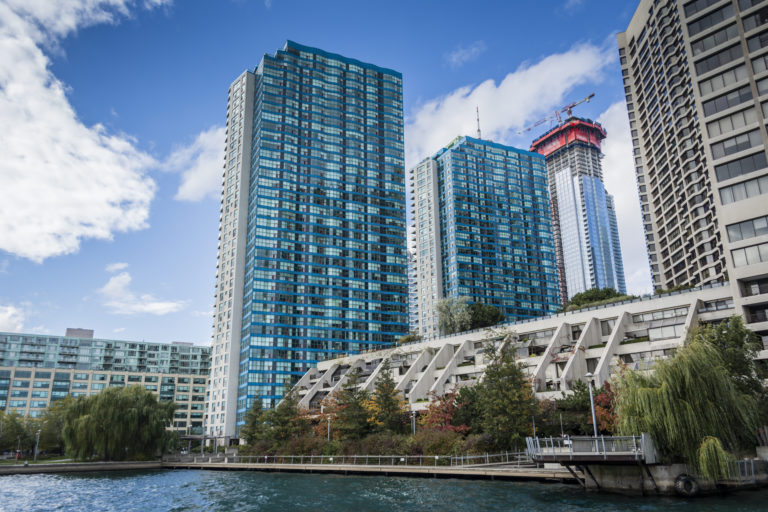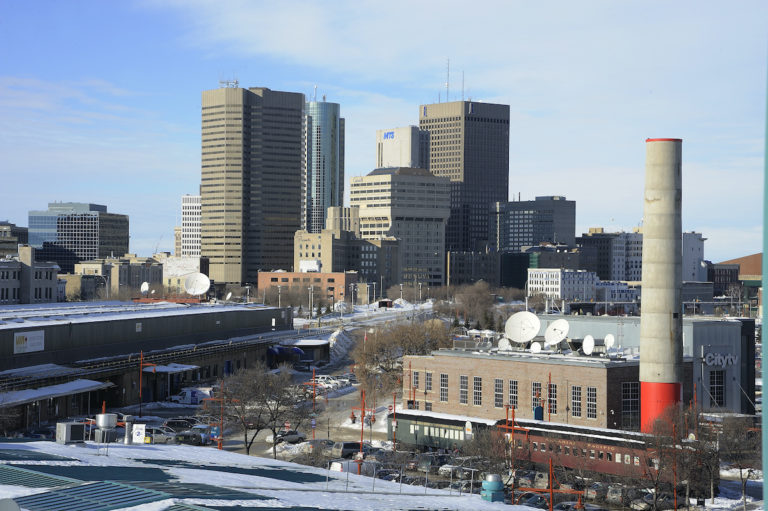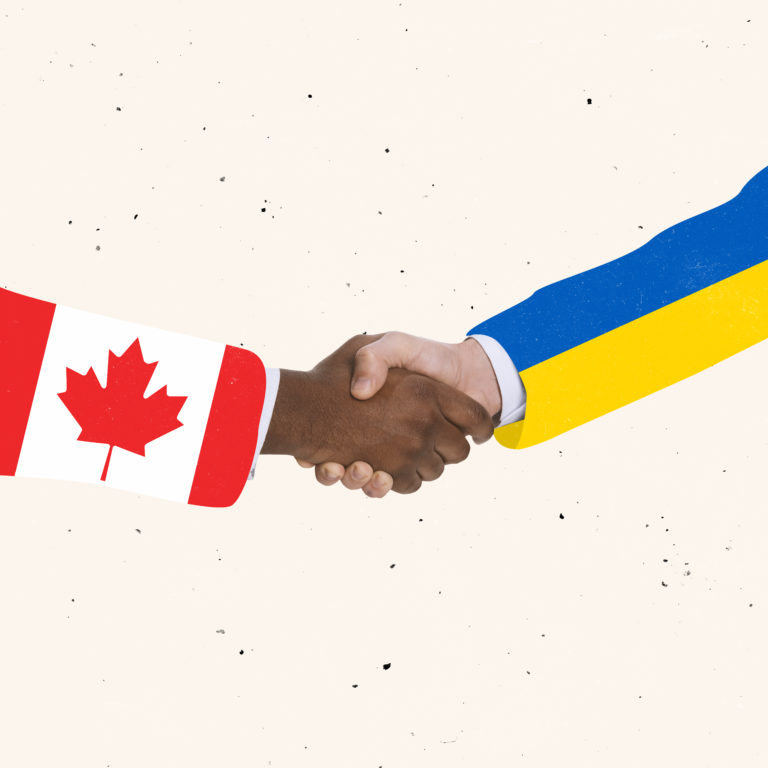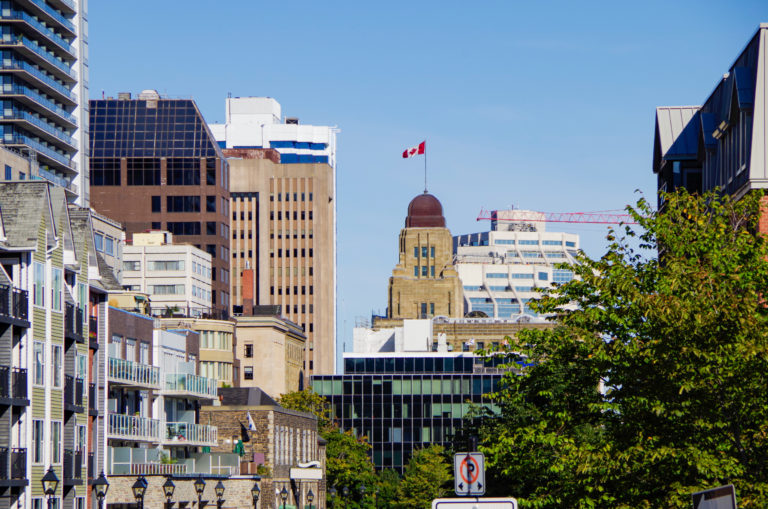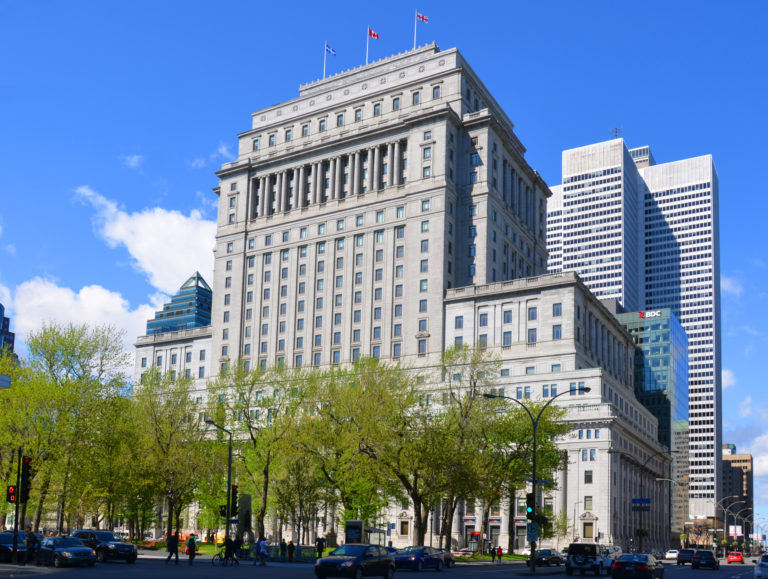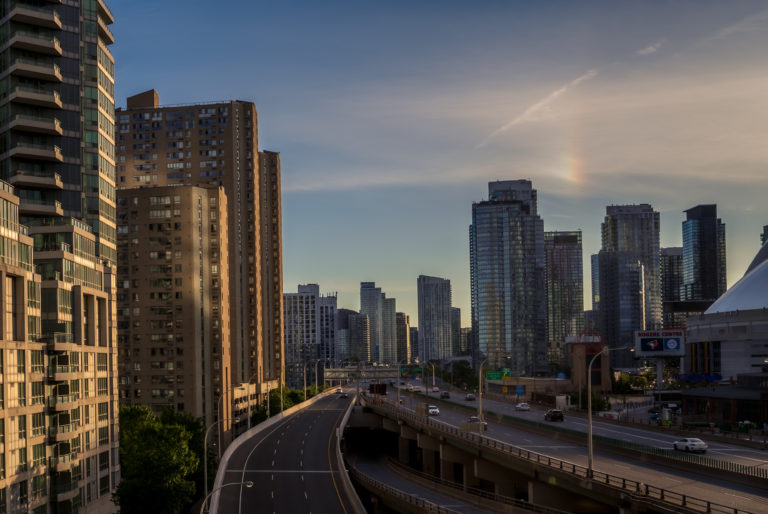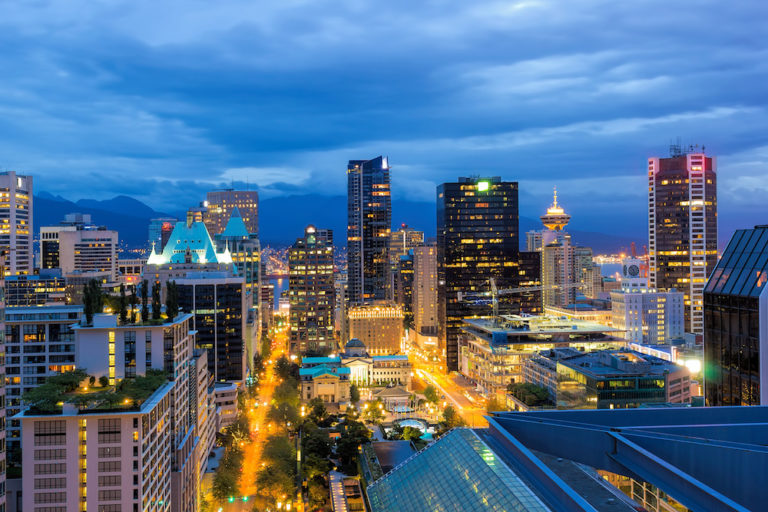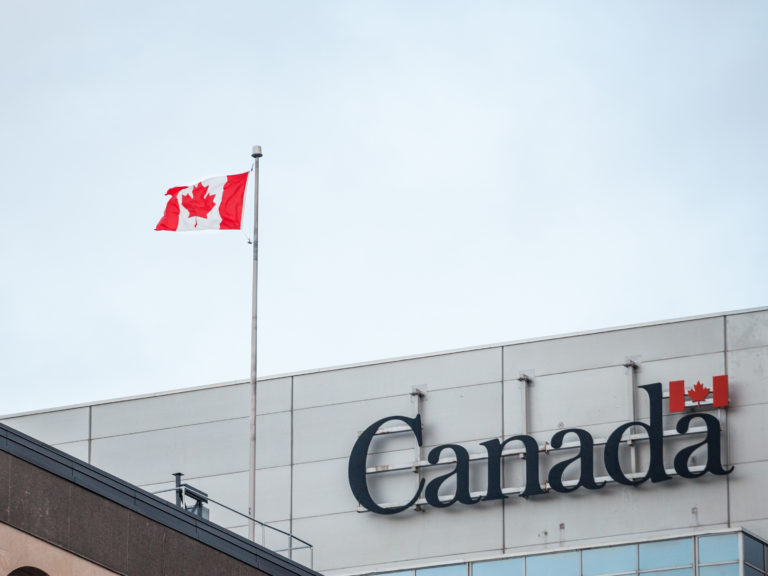Canada immigration news: Canada has massive labour shortages, offering opportunities for economic immigration, with employers still in hiring mode as they rebuild in the wake of the COVID-19 global pandemic.
“There were 896,100 job vacancies in Canada at the start of December, 2.5 per cent or 21,400, higher than at the beginning of November,” notes Statistics Canada.
Read More Canada Immigration News
Immigrate To Canada In 2022: 5 Pathways To Permanent Residence
Top 10 Source Countries Of Immigration to Canada in 2021
Top 10 Best Cities For Technology Jobs in Canada
“While the number of vacancies remained below the recent peak of 988,300 observed in September 2021, there were 87.9 per cent more vacancies in December 2021 than in December 2020.”
Paid Employment Rises To Pre-Pandemic Levels
In its Payroll Employment, Earnings And Hours, And Job Vacancies, December 2021, the statistical and demographic services agency of the federal government noted employers in many sectors are still very much looking for employees even as they bring workers into their workforces.
“The number of employees receiving pay or benefits from their employer, measured by the Survey of Employment, Payrolls and Hours (SEPH) as payroll employment, rose by 122,200 or 0.7 per cent in December, the seventh consecutive monthly increase,” notes Statistics Canada.
“The gains in December brought payroll employment above its pre-pandemic level for the first time, surpassing the February 2020 level by 60,400 or 0.4 per cent.”
Watch Video
Unsurprisingly given the existence of the COVID-19 pandemic, healthcare workers continue to be a particularly hot commodity in Canada.
The number of workers being paid for jobs in the healthcare and social assistance sector rose by 25,600 or 1.2 per cent in December. The number of employees in the educational sector also saw an uptick of 23,100, or 1.7 per cent.
As public health restrictions, which are now being lifted throughout most of Canada, continued in December last year, restaurants, bars and catering services continued to struggle and the number of jobs in that sector remained below pre-pandemic levels.
“In December, healthcare and social assistance, up by 121,800 paid jobs or 5.9 per cent, was furthest above pre-COVID employment, while accommodation and food services, down by 170,500 jobs or 12.7 per cent was furthest below,” reports Statistics Canada.
Restaurants, bars, gyms and other services that were held back by public health restrictions during the pandemic are expected to boom as those restrictions are lifted.
Healthcare, Education, Construction and Manufacturing Booming
Construction and manufacturing in Canada continued to rebound in December, returning and even surpassing their pre-pandemic levels of employment.
Compared with November, job vacancies were up in five provinces in December with the largest increases were in Saskatchewan, New Brunswick, and British Columbia.
In both Quebec and British Columbia, there were more jobs going begging for a want of workers than there were unemployed people who could potentially fill them.
Employers hoping to hire a foreign national can avail themselves of this international talent and labour through the Temporary Foreign Worker Program (TFWP), and; the International Mobility Program (IMP).
It all comes down to whether or not the particular job is one of the many exempt from a Labour Market Impact Assessment (LMIA).
That’s a document issued by Employment and Social Development Canada (ESDC) which shows there is both a need for a foreign worker to fill a job and also that no Canadian worker or permanent resident is available to do it.
Jobs that do not require a LMIA are generally those that:
- are included in an international trade accord;
- are part of an accord between the federal government and a provincial/territorial government, or;
- jobs that are deemed in the best interests of Canada.
There are two ways to determine whether a particular position falls under one of the many LMIA exemptions.
Global Talent Stream Aims For 2-Week Processing
Employers can either:
- review the LMIA exemption codes and work permit exemptions, select the LMIA exemption or work permit code that seems most relevant to their hiring situation and read the detailed description to see if an exemption code applies to them, or:
- contact the International Mobility Workers Unit (IMWU) if they are hiring a temporary foreign worker who is both currently outside Canada and from a country whose nationals are visa-exempt.
The Global Talent Stream (GTS), a part of the (TFWP), can lead to the granting of Canadian work permits and processing of visa applications within two weeks.
Employers can also bring in foreign nationals to fill available positions through the Express Entry system, which receives immigration applications online.
Applicants who meet eligibility criteria submit an online profile known as an Expression of interest (EOI), under one of three federal immigration programs or a participating provincial immigration program, to the Express Entry Pool.
The candidates’ profiles then are ranked against each other according to a points-based system called the Comprehensive Ranking System (CRS). The highest-ranked candidates are considered for ITAs for permanent residence. Those receiving an ITA must quickly submit a full application and pay processing fees within a delay of 90 days.
